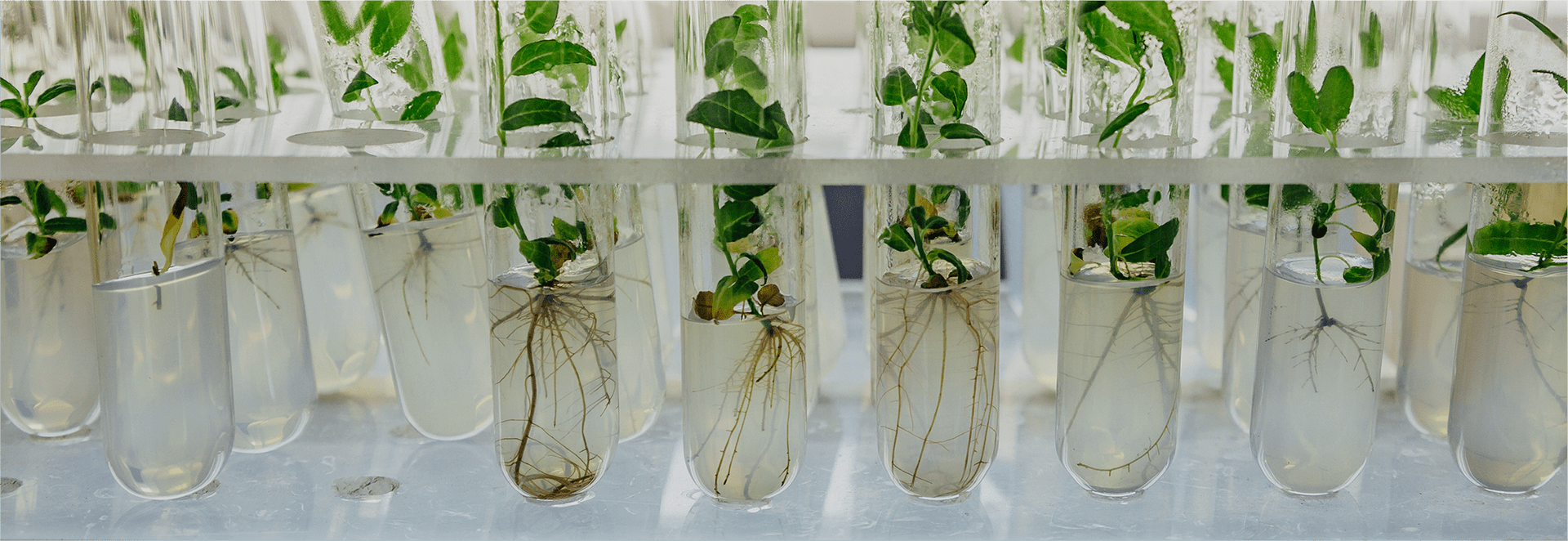- Technologies
-
Solutions
- About IBIS
-
- Service
- R&D Center
-
R&D CENTER
Marine Animal Genome Database:An integrated platform for marine animal comparative genomics
Jongsun Park1, Sung-Jin Cho2, Chungoo Park3, Joong-Ki Park4,*Due to innovation and rapid advances in DNA sequencing technologies and bioinformatics tools, whole genome sequencing at a reasonable cost and timeframe now makes it possible to understand the evolution of complex animal life at the level of genomic architecture. The oceans constitute over 90\% of the biosphere, and the great majority of animal groups (34 of 36 known metazoan phyla) are found in marine environments; however, at least 32 marine genomes are accessible, which is around one-tenth of those available from vertebrate and invertebrate species. To understand a large amount of marine genomes, systematic comparative genomic researches are required due to both diverse biological questions and complexity derived from a large size of genomic data. We established a web-based platform for marine comparative genomics, the Marine Animal Genome Database (MAGD; http://www.marinegenomics.or.kr/). Currently the MAGD contains 225 genomes (total length of genomes is 241.98 Gbp and total number of ORFs is 4,855,589) including 32 marine genomes (35.29 Gbp and 650,974 ORFs) as a standardized form. For comparative genomic researches, all collected genomes were annotated by both InterProScan which can be utilized for further in-depth gene-family analyses and SwissProt. BLAST program with customized datasets is implemented in MAGD. Moreover, Scrap function which allows user to collect sequences as well as genomes and execute eight analysis functions, including comparing InterPro terms at the genome level. It is anticipated that the MAGD will play a key role in setting a global standard for the field of marine comparative genomics.



